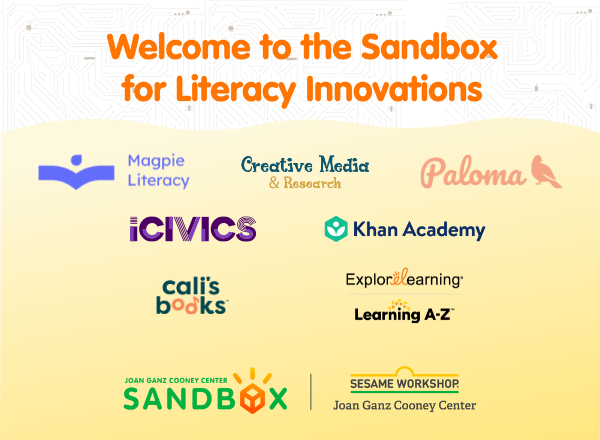The Internet has great potential as a source of learning for children, but search engines such as those offered by Google, Yahoo, and Microsoft were originally designed for adults. Given the growing number of young children who are using the Web, we need to understand how children approach forming queries, make sense of the results presented, and how they may be hampered by the search engine’s interface and/or by their own cognitive abilities. With the knowledge gained from the Giigle study, new interfaces and algorithms can be designed specifically for children.
Dr. Allison Druin at the University of Maryland’s Human-Computer Interaction Lab (HCIL) led an investigation of the Internet search habits and strategies of children aged 7 to 11 years old. She initiated her research with interface designers at Google to raise their awareness of the search experiences of their youngest users. The HCIL study recruited a population of children from middle-income, suburban households. Study procedures took place in the homes of these families and on the family computers. The Joan Ganz Cooney Center conducted parallel research with children who attend an after-school center serving an inner-city neighborhood. The purpose of this satellite study was to ensure that all children’s Internet search needs are identified and subsequently addressed in conversations with Google interface designers.
As a result of these studies, Giigle researchers identified seven search roles children display as information seekers using Internet keyword interface: Developing, Content, Power, Non-motivated, Distracted, Visual, and Rule-bound. These roles are defined not only by the children’s search actions, but also by who influences their searching, their perceived success, and trends in age and gender. These roles suggest a need for new interfaces that expand the notion of keywords, scaffold results, and develop a search culture among children.


